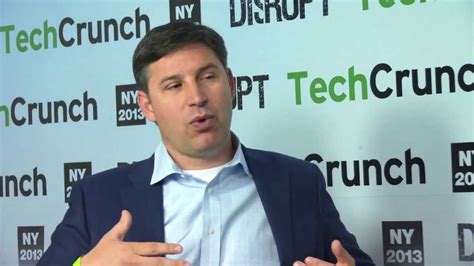A Quote by Kate Crawford
When dealing with data, scientists have often struggled to account for the risks and harms using it might inflict. One primary concern has been privacy - the disclosure of sensitive data about individuals, either directly to the public or indirectly from anonymised data sets through computational processes of re-identification.
Related Quotes
Any time scientists disagree, it's because we have insufficient data. Then we can agree on what kind of data to get; we get the data; and the data solves the problem. Either I'm right, or you're right, or we're both wrong. And we move on. That kind of conflict resolution does not exist in politics or religion.
MapReduce has become the assembly language for big data processing, and SnapReduce employs sophisticated techniques to compile SnapLogic data integration pipelines into this new big data target language. Applying everything we know about the two worlds of integration and Hadoop, we built our technology to directly fit MapReduce, making the process of connectivity and large scale data integration seamless and simple.
One of the myths about the Internet of Things is that companies have all the data they need, but their real challenge is making sense of it. In reality, the cost of collecting some kinds of data remains too high, the quality of the data isn't always good enough, and it remains difficult to integrate multiple data sources.



































